latest
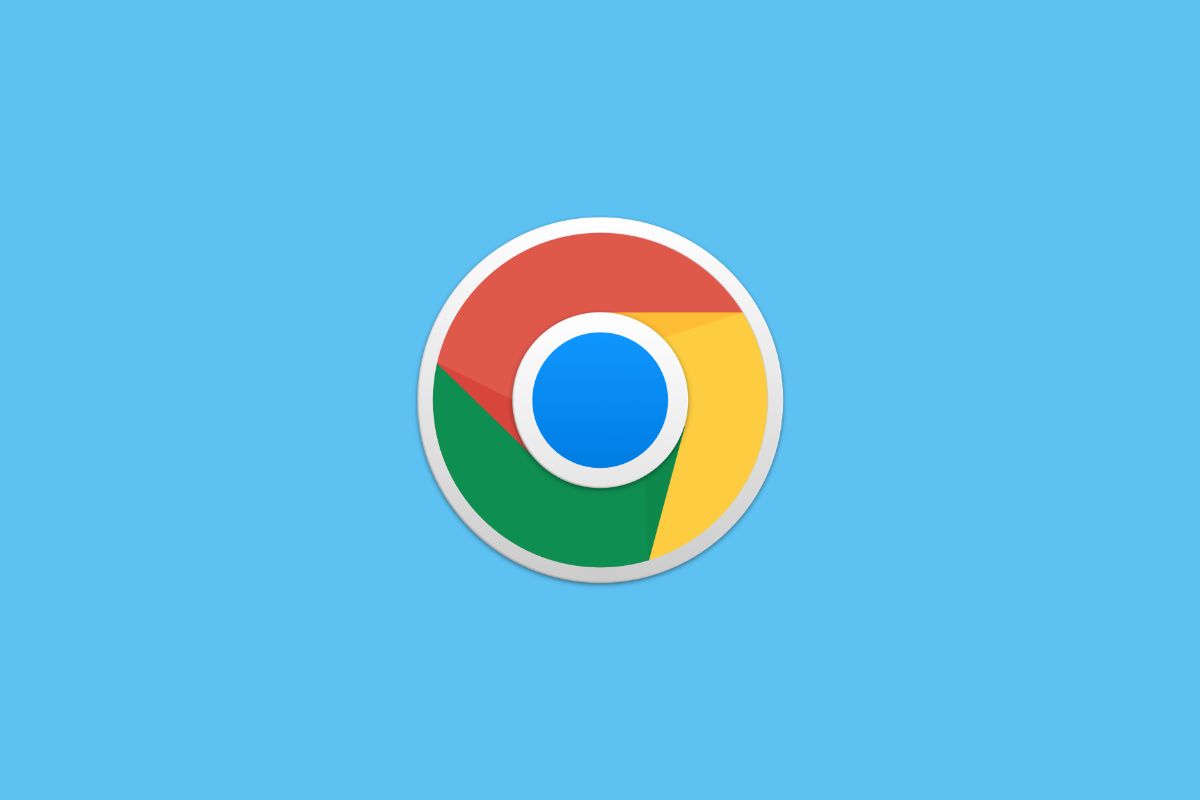
Google says desktop web app installations nearly tripled in 2021
Google says desktop installations of PWAs (Progressive Web Apps) have nearly tripled since the start of 2021.
Web apps have been popular on desktop computers for well over a decade at this point, but over the past few years, newer APIs and capabilities have made them even more capable. Google has also been pushing for web apps in Chrome to be "installable" on desktop PCs, just like they are on Chrome for Android, and the results are impressive.
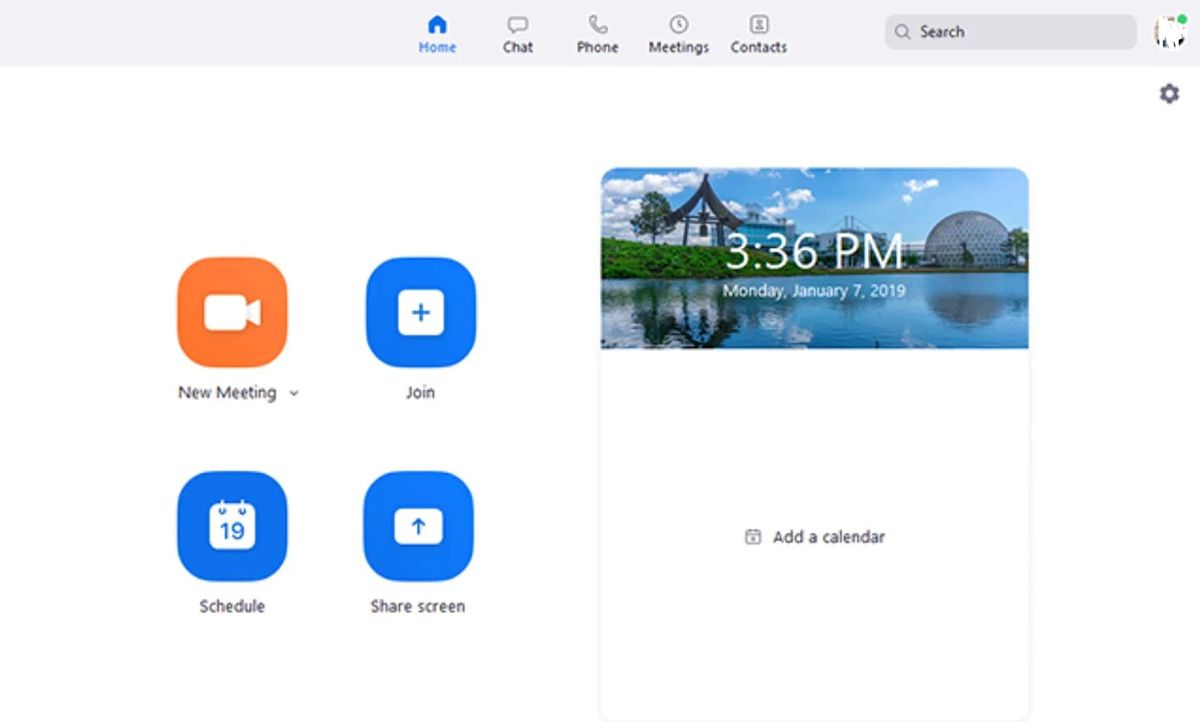
Zoom's new web app for Chromebooks lands on the Play Store
Zoom has released a new PWA or progressive web app for Chromebook users offering similar functionality as the Windows and Mac version.
Popular video conferencing platform Zoom has started rolling out a Progressive Web App (PWA) for Chrome OS. It is essentially a web-based app that delivers a native desktop experience. Users can download the new Zoom app on their Chromebooks from the Google Play Store.

Native Alpha lets you transform any website into a native fullscreen web app on Android
Native Alpha is an open source Android app created by XDA Junior Member cylonid that helps you to transform any website into native fullscreen web apps.
A native application may offer richer integration with the underlying OS thanks to having access to more APIs, but running a web-based application comes with its own set of benefits. Progressive Web Apps (PWAs) can not only improve the mobile experience but can also behave closely to regular Android applications thanks to the WebAPK standard. While many browsers allow you to transform your favorite site into a web app, making a proper PWA requires some work from the web developer’s end as well. Moreover, power users have very little freedom to customize the PWA generation process.
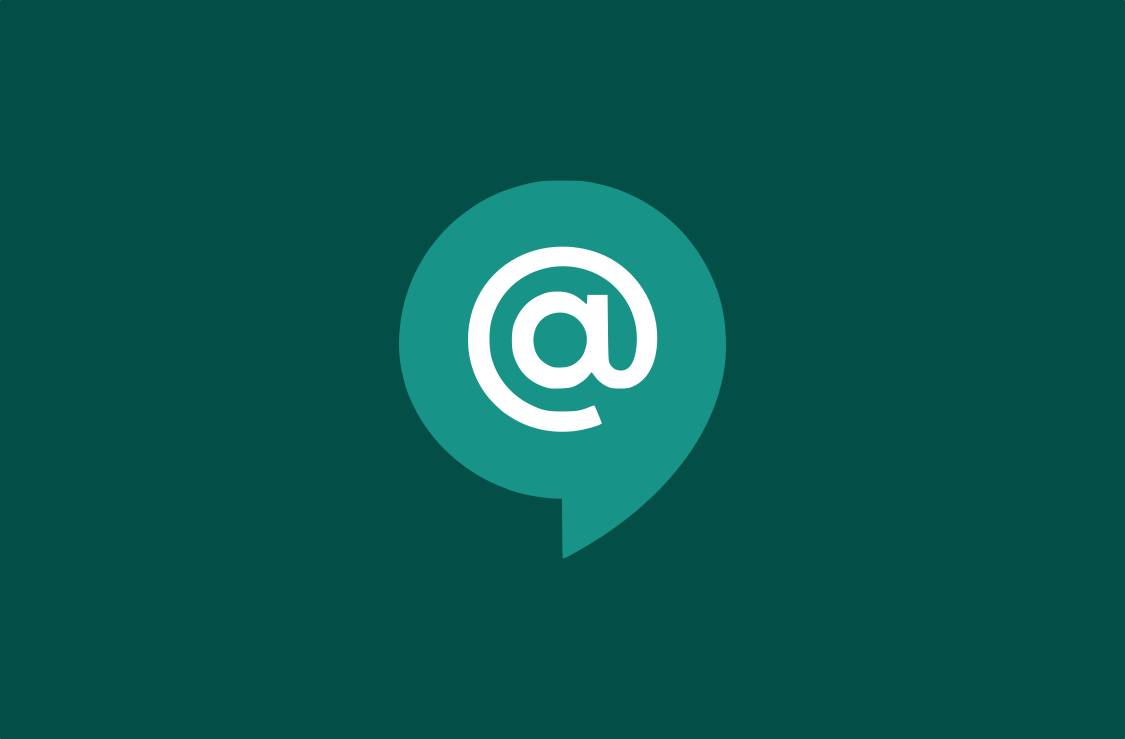
Google Chat is now available as a Progressive Web App
The new Google Chat app is a progressive web app (PWA) and it's available in Windows, macOS, Chrome OS, and Linux...assuming you have Chrome installed.
Google has a long tumultuous relationship with messaging apps and its latest fling is with Google Chat. Previously known as Hangouts Chat, Google Chat is the company's Slack-like team communication platform for G Suite users. It's not to be confused with "Classic" Hangouts or the long-dead "GChat." Google is now releasing an updated desktop client for Chat.
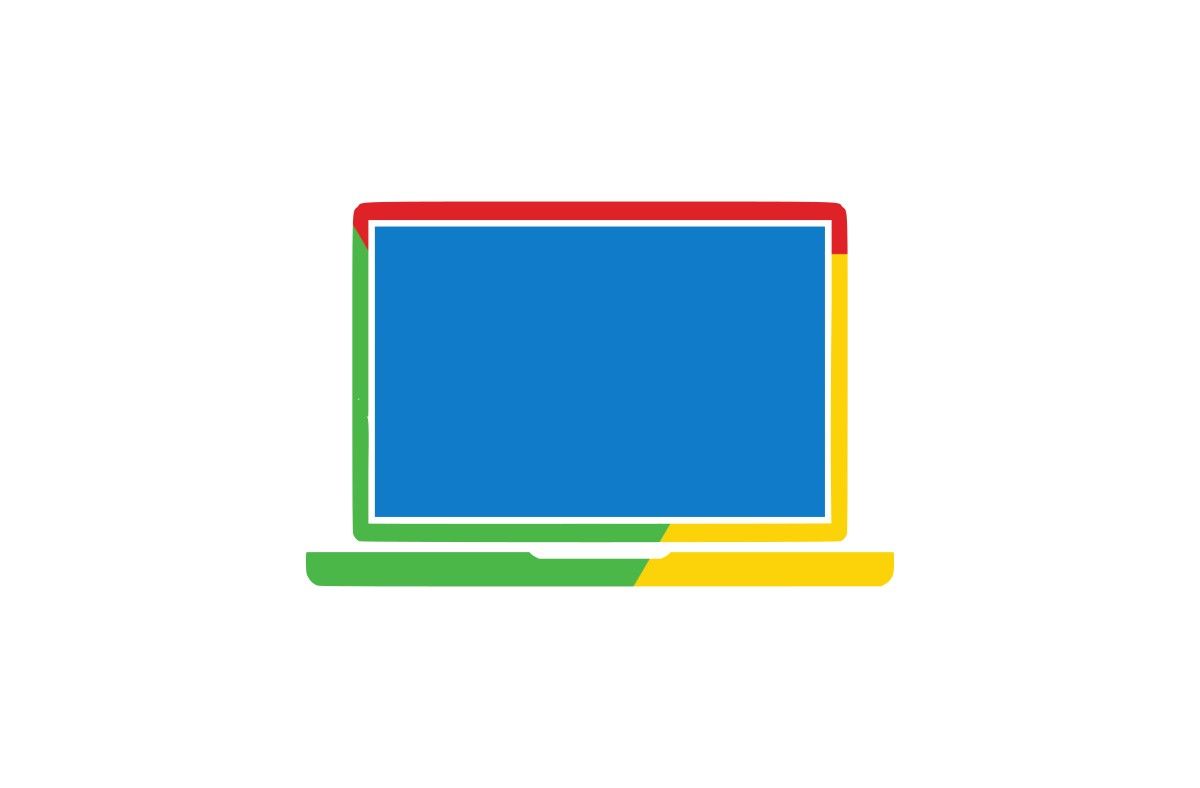
Some Android apps are being replaced by PWAs when installing through Google Play on Chrome OS
A few native Android apps, including Twitter and YouTube TV, on Chrome OS are now being replaced by Progressive Web Apps (PWAs) on the Google Play Store.
All the way back in 2017, Google announced that it would phase out support for Chrome apps on Windows, Mac, and Linux in favor of Progressive Web Apps. At the time, however, most PWAs were pretty much basic websites that weren't as well-built as a native application. Over the last couple of years, web developers have evolved their PWAs quite a bit, and today, they can easily replace native Android applications for a lot of services. Due to the significant improvement in the quality of PWAs, a few services are now choosing to set up their PWA as the default option on the Google Play Store for Chrome OS devices.
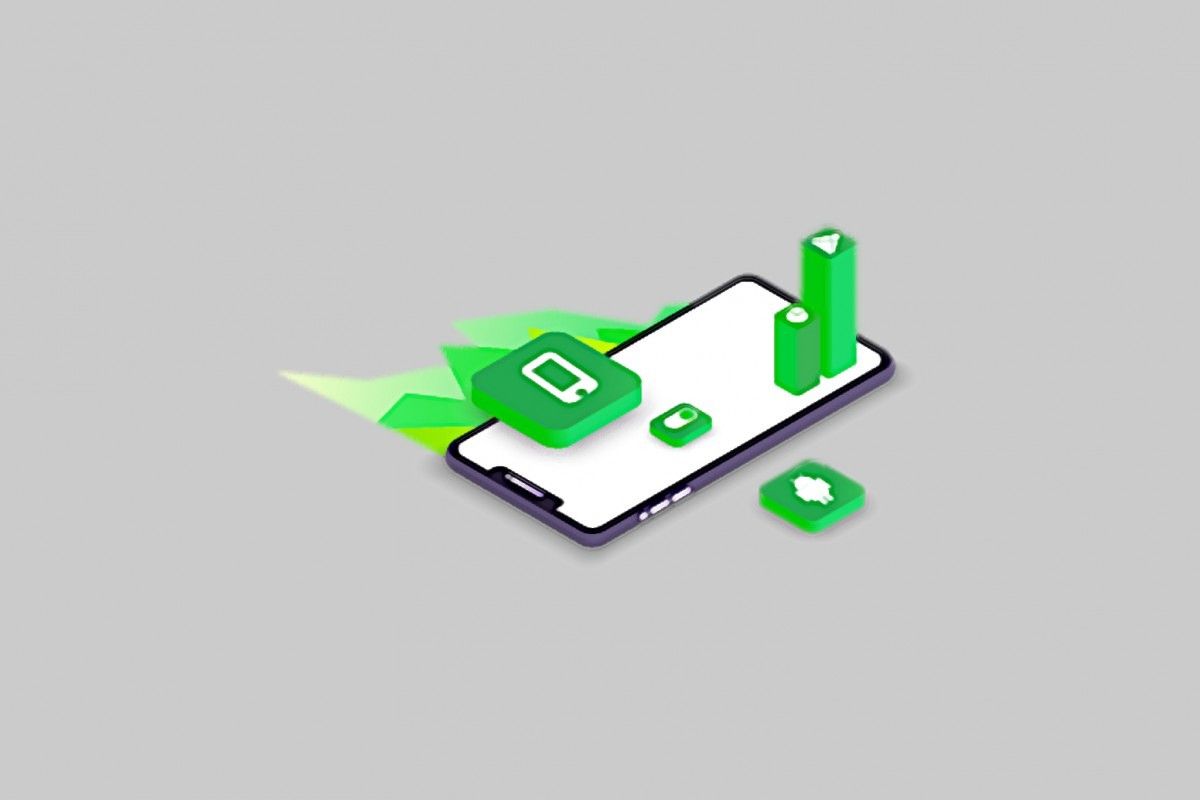
PWA2APK helps developers convert Progressive Web Apps to Android APKs in one click
PWA2APK is a platform that turns any Progressive Web App into an APK file which you can submit to the Play Store with one click.
The current climate in the technology industry has transformed the internet into a mobile-first platform. Most of the traffic now comes from hand-held devices rather than desktop computers. The rise of responsive sites and Progressive Web Apps (PWAs) are helping ensure that mobile users always feel comfortable when browsing the web. Some people even prefer PWAs over native applications. Thanks to the ever-changing landscape of modern technologies, it has become easier than ever to write an application. Some developers don't really rely on native, first-party solutions like Java on Android, instead, using libraries and frameworks.
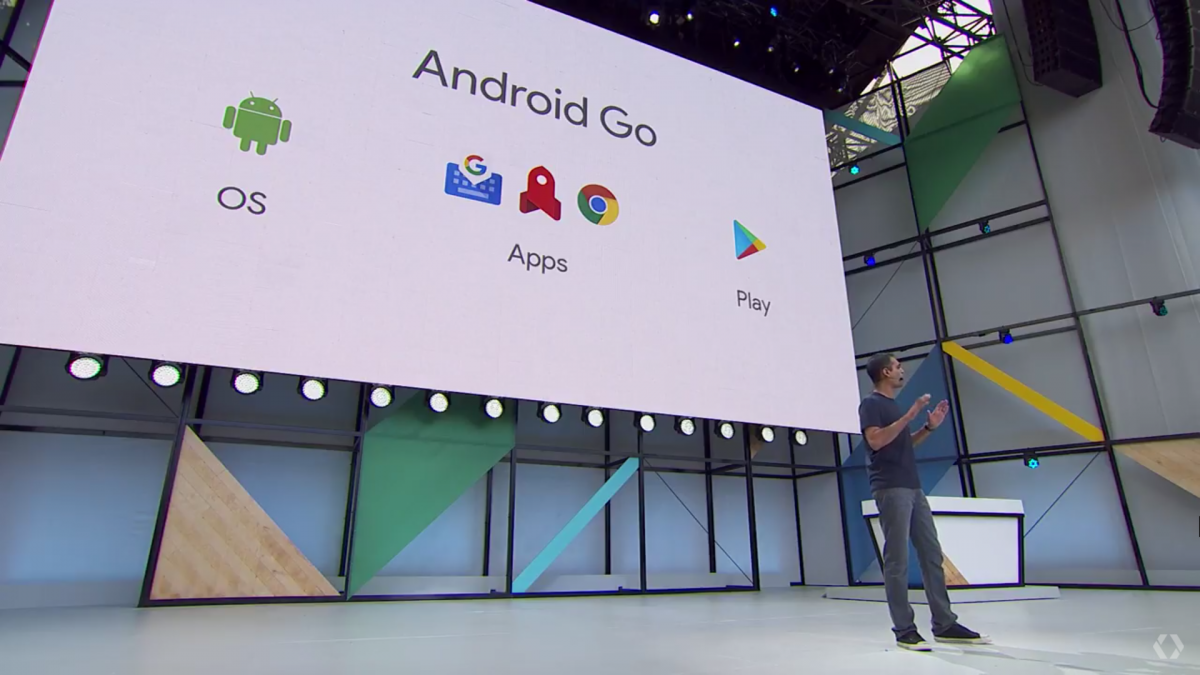
Android Go - How does Google's lightweight ecosystem compare to the original?
Android Go is Google's lightweight version of Android and features a number of specially made applications too. We've compared them to their full versions.
Android Go is Google's lightweight mobile platform that aims to run on lower system specifications than usual. It's aimed at developing and lower-income areas, where devices with poor processors and small amounts of RAM will be most prevalent. It exists basically to make sure that those in developing nations can still avail of applications and products in the smartphone world. As such, lower specifications requires some applications to be reworked in order to work within smaller RAM constraints. YouTube Go, Maps Go, Gmail Go, and Google Go are all examples of these applications, and third-parties offer them too. But that's not all, as a number of modifications are made to keep system requirements even lower. RAM compression, reduced system memory usage, and better memory management ensures the device will be as quick as can be.
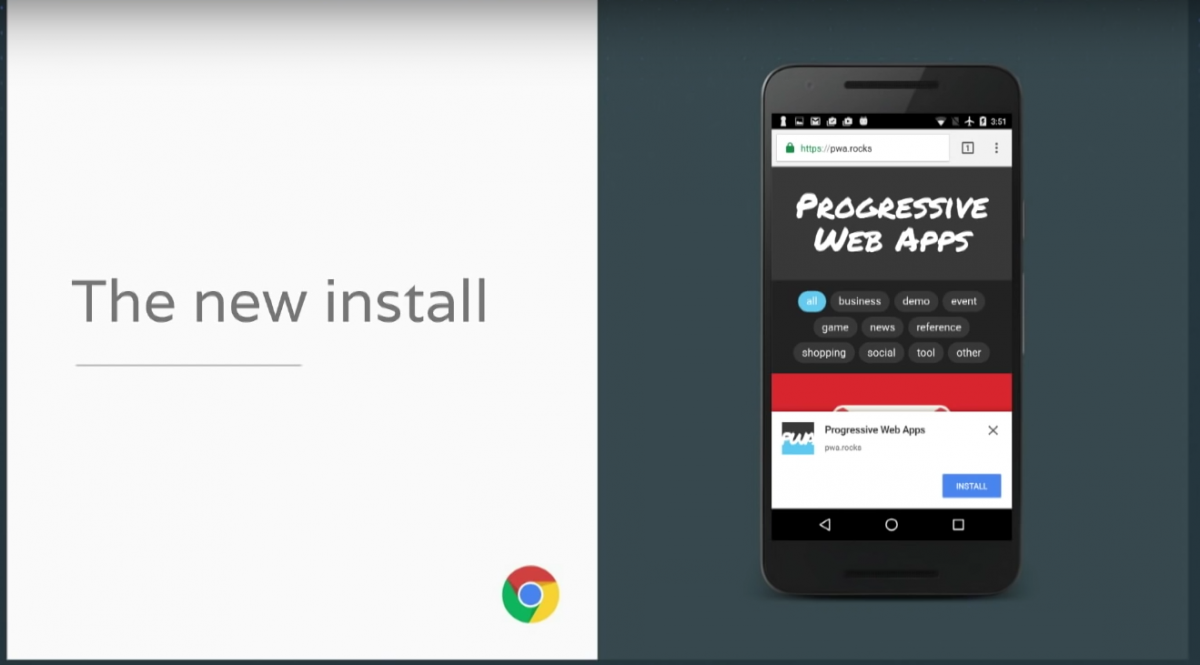
Deeply Integrated Progressive Web Apps (WebAPKs) are Live for Chrome on Android
Deeply integrated Progressive Web Apps (WebAPKs) are already live for Chrome on Android. Here is how to enable the feature.
For most of Android's history, applications have been installed as local packages on the device itself. We typically acquire the installation files we need by downloading an APK file, which is an archive containing all of an application's resources and assets. While there are many benefits to installing a native application this way, there are also many benefits to developing an application that is web based. Web applications can be accessed on multiple platforms, can be easily modified, and can be readily deployed among other benefits.





